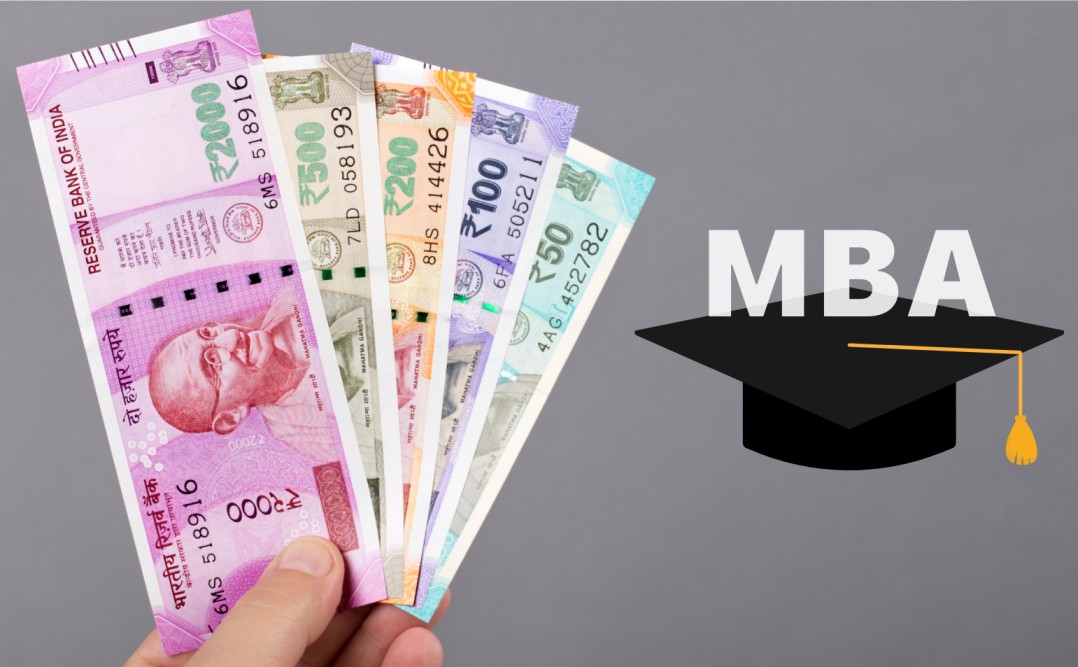Understanding the Importance of Budgeting for MBA Aspirants
Breakdown of Current CAT Exam Fees 2025
Registration Fees
- General and OBC candidates will be required to pay INR 2,400.
- SC/ST and PwD candidates can avail of a reduced fee of INR 1,200.
CAT Exam 2025 Registration Process
Additional Costs Associated with the CAT Exam
Study Materials and Resources
- Books: Standard prep books from authors like Arun Sharma and Nishit Sinha.
- Online Courses: Platforms like Tarkashastra offer comprehensive online courses.
- Coaching Classes: Enrolling in a coaching class can provide structured learning.
- Mock Tests: Vital for practice and gauging your performance.
Travel and Accommodation
- Travel Costs: Train or flight tickets.
- Accommodation: Hotel stays if the test centre is far from your home.
Application Fees for MBA Programs
Creating a Budget for Your MBA Journey
Estimating Total Costs
- Tuition Fees:Vary widely depending on the institution.
- Living Expenses: Rent, food, transportation, and personal expenses.
- Miscellaneous Costs: Books, supplies, and extracurricular activities.
Financial Planning
- Saving Strategies: Start saving early to build a substantial fund.
- Investment Options: Consider low-risk investments to grow your savings.
- Scholarships and Loans: Research scholarships and student loans to ease the financial burden.
How Much Should I Budget for the CAT Exam in 2025?
- Study Materials and Coaching:High-quality preparation materials and coaching classes can range from INR 5,000 to INR 50,000.
- Mock Tests and Practice Exams: Subscriptions to mock tests and practice exams can cost around INR 5,000 to INR 10,000.
- Travel and Accommodation: Consider travel and lodging expenses if your exam centre is far from home.
Tips for Reducing Costs
- Free Online Materials: Look for websites that offer free courses.
- Study Groups: Join or form study groups to share resources.
- Library Resources: Make use of your local or university library.
Cost-Effective Travel and Accommodation Options
- Booking in Advance: Secure lower rates by booking early.
- Sharing Accommodations: Split costs by sharing a room with fellow test-takers.
- Exploring Budget-Friendly Options: Consider hostels or budget hotels.
Applying for Scholarships and Financial Aid
- Finding Scholarships: Use websites to find relevant opportunities.
- Applying for Financial Aid: Check with your target schools for available financial aid programs.
Extra Ways to Easily Finance and Manage Your MBA Journey
- Explore Scholarships
- Considere Education Loans
- Work Part-Time
- Make Use of B-School Resources
- Leverage Financial Planning Tools
Conclusion
Top 25 Frequently Asked Questions & Answers
-
1. What are the registration fees for CAT 2025?
The registration fees for CAT 2024 are INR 2,400 for General and OBC candidates and INR 1,200 for SC/ST and PwD candidates.
-
2. Are there any additional costs associated with the CAT exam?
Additional costs can include study materials, travel and accommodation, and application fees for MBA programs.
-
3. How can I reduce my expenses during my MBA journey?
Utilise free or low-cost study resources, explore cost-effective travel and accommodation options, and apply for scholarships and financial aid.
-
4. What financial aid options are available for MBA students?
Financial aid options include scholarships, student loans, and financial aid programs offered by business schools.
-
5. What is the average cost of an MBA program in India?
The average cost of an MBA program in India can range from INR 5-25 lakhs depending on the school and program.
-
6. Can I work part-time during my MBA program?
Yes, many students choose to work part-time or intern during their MBA program to gain experience and supplement their income.
-
7. What types of jobs are available for MBA graduates?
MBA graduates can pursue various job roles such as business analyst, financial analyst, marketing manager, and operations manager.
-
8. Are there any resources available at B-schools to help manage expenses?
Yes, most B-schools offer resources such as libraries, online study materials, and placement services that can help reduce costs.
-
9. What is the best time to start planning for an MBA program?
It's ideal to start researching and planning for an MBA program a year before the application deadline.
-
10. Do schools offer financial aid programs specifically for MBA students?
Yes, many schools offer financial aid programs specifically designed for MBA students.
-
11. What is the average salary of an MBA graduate in India?
The average salary of an MBA graduate in India can range from INR 6-25 lakhs per annum depending on the industry and job role.
-
12. Can I apply for scholarships after being admitted to a program?
Yes, some scholarships allow you to apply after admission to a program. Check with the scholarship provider for more information.
-
13. Are there any government-funded scholarships available for MBA students?
Yes, both central and state governments offer scholarships for higher education, including MBA programs.
-
14. Should I consider taking out an education loan for my MBA?
Education loans can be a great option to finance your MBA program, but make sure to understand the terms and repayment options before committing.
-
15. Can I negotiate the tuition fees with the B-school?
Some schools may have a provision for fee waivers or reduced tuition fees based on merit or financial need. Contact the school's admissions office for more information.
-
16. Are there any grants available for MBA students?
Yes, some organisations offer grants specifically for MBA students. Research online and check with your target schools for more information.
-
17. What factors should I consider when choosing an MBA program?
Factors such as program curriculum, faculty, ranking, reputation, accreditation, and career opportunities should be considered when choosing an MBA program.
-
18. Can I apply for multiple scholarships?
Yes, you can apply for multiple scholarships as long as you meet the eligibility criteria for each scholarship.
-
19. Should I disclose my financial situation in my scholarship application?
Yes, you can apply for multiple scholarships as long as you meet the eligibility criteria for each scholarship.
-
20. Will a part-time job affect my studies during an MBA program?
Balancing a part-time job and studies can be challenging but can also provide valuable work experience. Consider your workload before committing to a part-time job.
-
21. Are there any non-monetary benefits of pursuing an MBA?
Pursuing an MBA can provide networking opportunities, leadership and management skills, and a competitive edge in the job market.
-
22. How can I make the most out of my MBA experience without overspending?
Networking with classmates and alumni, utilising resources at your B-school, and taking advantage of free online courses are some ways to make the most out of your MBA experience without overspending.
-
23. Does location play a role in the cost of an MBA program?
Yes, the cost of living and tuition fees can vary significantly depending on the location of the B-school.
-
24. Can I work abroad after completing an MBA program in India?
Yes, many graduates from Indian MBA programs go on to work abroad, but it's essential to research visa and employment opportunities beforehand.
-
25. What are some potential sources of funding for MBA students?
Some potential funding sources for MBA students include scholarships, grants, loans, work-study programs, employer tuition assistance, and crowdfunding. Researching and utilising all available options is essential to reduce your financial burden.







